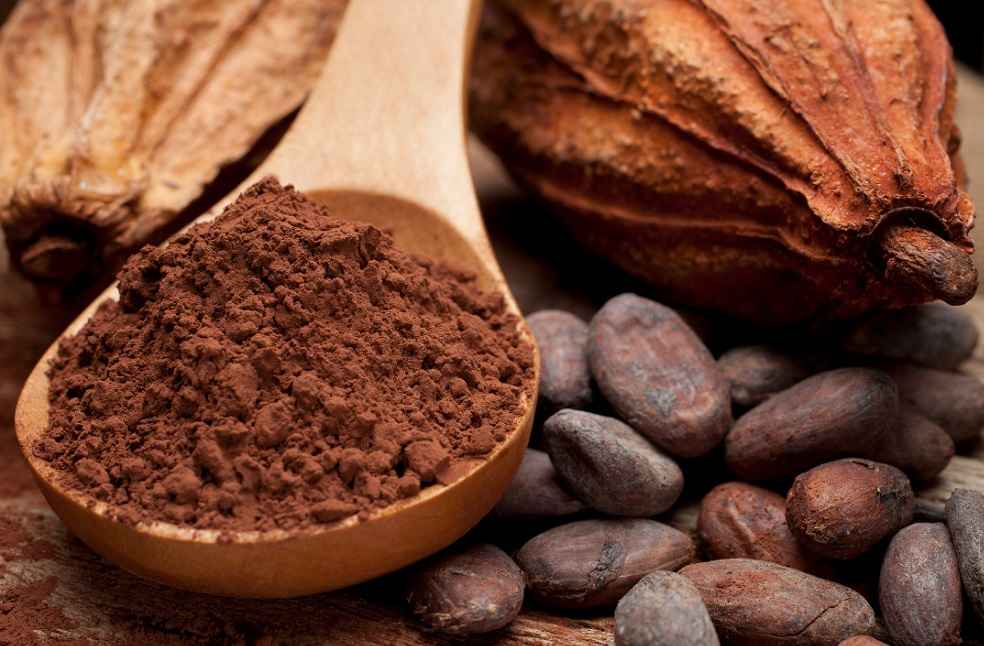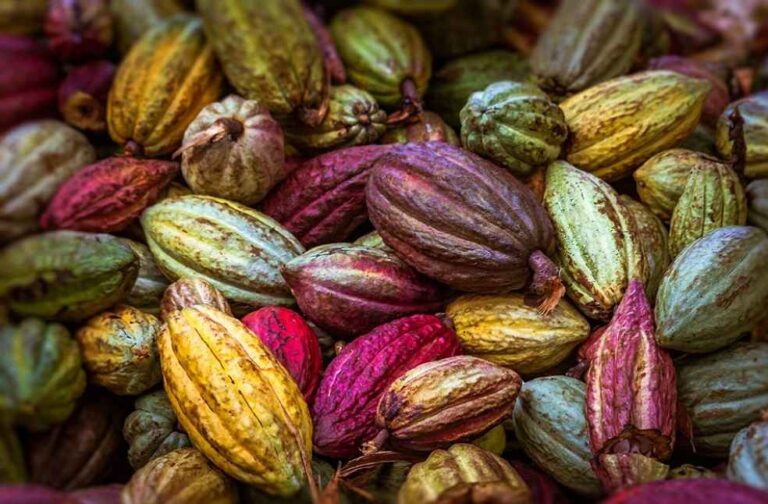Russia is set to initiate cocoa imports from Nigeria, signaling a strategic realignment in its global trade approach. With the first shipments expected between September and October, Moscow aims to diversify its cocoa sources, responding to changing geopolitical dynamics and fluctuating supplies from traditional West African producers.
Strengthening Economic Ties
Maksim Petrov, Moscow’s trade representative to Nigeria, confirmed that Russian trading houses will manage these new cocoa imports. These firms, already involved in exporting products like frozen fish, alcohol, chocolate, and meat to Nigeria, are now expanding their portfolios. Three export agencies, established by Russian entrepreneurs, have been registered in Nigeria, paving the way for this significant trade development.

Assured Quality of Nigerian Cocoa
Leading Russian chocolate producers, after testing Nigerian cocoa beans, expressed confidence in their quality. “We anticipate the first container shipments during the autumn cocoa harvest,” Petrov stated, highlighting a pivotal moment in Russia-Nigeria trade relations.
Strategic Shift in Cocoa Supply
This move reflects Russia’s broader strategy to reduce reliance on cocoa imports from what it terms ‘unfriendly countries.’ Following last year’s reduced cocoa output from top West African producers Ivory Coast and Ghana, Russia increased its imports from Ecuador, reaching 1,800 tons at a cost of $5.7 million, influenced by rising global prices.
Nigeria’s Global Cocoa Influence
Nigeria stands as Africa’s third-largest cocoa producer and ranks fourth globally. The country’s cocoa sector, driven by approximately 350,000 smallholder farmers, spans around 1.4 million hectares. The Nigerian Export Promotion Council (NEPC) reports that cocoa remains the nation’s leading non-oil export, underscoring its critical role in the economy.

Rising Bilateral Trade
Trade between Russia and Nigeria continues to grow, with the overall volume reaching $600 million in 2022. The new cocoa import agreement is expected to enhance this figure, reflecting the deepening economic relationship between the two nations.
Economic Impact of Cocoa
In 2023, Nigeria’s Agriculture Minister, Abubakar Kyari, announced that cocoa beans and related value chains generated approximately 356.16 billion naira (about $223.9 million). This figure underscores cocoa’s significant contribution to Nigeria’s economy, especially during a period of economic challenges.
BUSINESS GENERAL | Palm Oil Market Uncertain Due to Mixed Demand and Regulatory Shifts Globally



